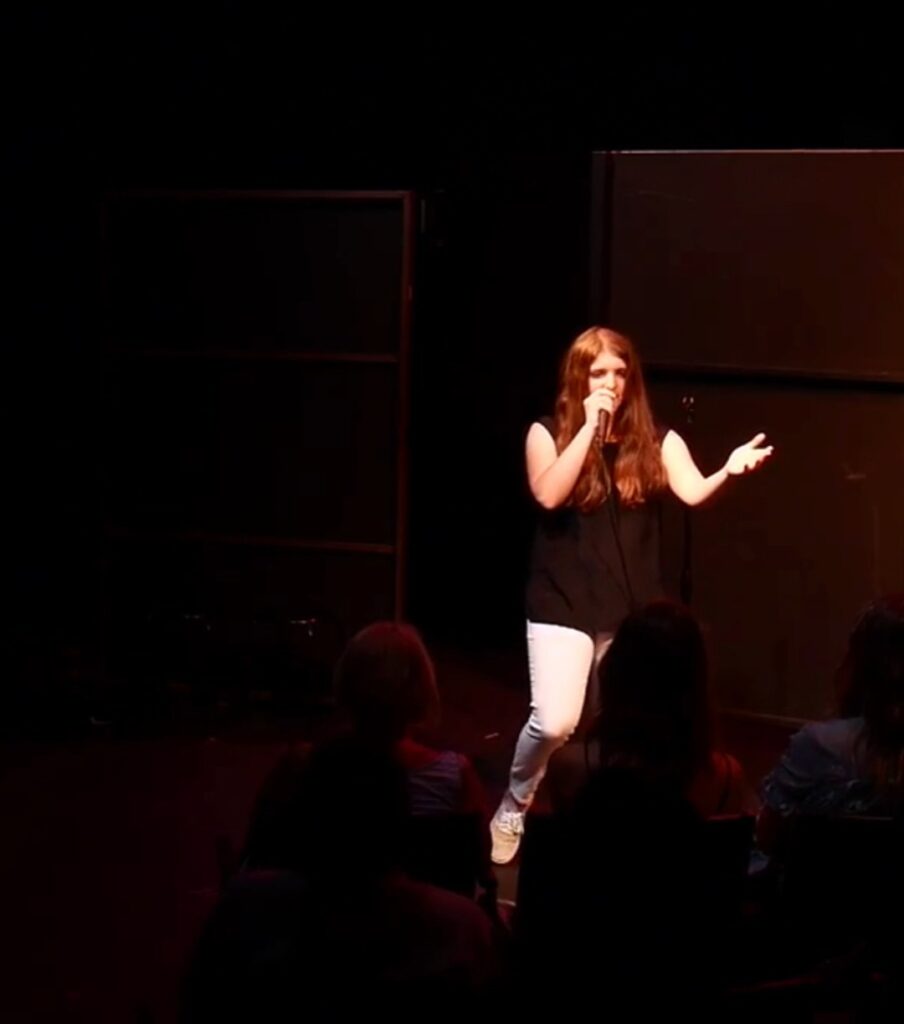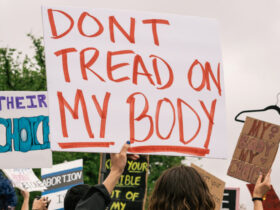Over the past four years at the University of Southern California (USC), I have spent my time double majoring in comedy and international relations hoping to find the intersection between these two disciplines, and, if I’m being honest, oftentimes falling short. My peers, mentors and professors have always marveled at this choice in double majors, which may initially seem dissimilar. However, there is an inherently strong connection between these areas of study. As I near the end of my undergraduate experience, I finally feel ready to confidently discuss this powerful intersection, beginning with a quote that I believe represents it well.
“Right now, people are watching entertainment instead of the news. Politics and comedy are on top of each other today. Even news articles have comedic elements. We are living at a very interesting time,” said Amrita Dhaliwal, award-winning Punjabi American comedian, arts leader and educator at USC.
As the rise of television began, Americans first looked to serious news anchors such as Walter Cronkite and Dan Rather to explain and guide us through the most challenging moments in American and world history. And, for a while, this was the norm. However, with the rise of comedy programs that primarily focus on news events with hosts such as Stephen Colbert, John Oliver and Jon Stewart, the use of comedy in news and vice versa has rapidly expanded.
Simply, people enjoy laughing. After a long day, the comedic form is much more enjoyable to watch than serious news commentary. While it can be argued that this intersection can become dangerous and even divisive — and those concerns would be valid — it is hard to dispute that this type of news is not more engaging.
A study from the University of Pennsylvania and The Ohio State University found that in comparison to non-humorous clips, clips that contain humor were more likely to be shared and remembered. It is safe to assume that without the blending of politics and comedy, our populace would be less educated on current events and there would be a decrease in civil engagement.
Evidently, laughter and comedy is a part of our being — we connect to political satire and comedy. The majority of the most successful comedians and shows all tackle political issues and current events. George Carlin and his stand-up bit on abortion, the represenation of an interracial couple on The Jeffersons, the expansion of LGBTQ+ rights that came out of the the hit-show Modern Family.
Yes, some forms of comedy are meant to just amuse, but the heart of comedy is its true purpose: to dismantle stereotypes, to act as a collection of our history and to embark on a truthful discovery of the human experience. Comedy exists to do all this in hopes of finding community in our collective experiences and to push the marker forward to make real social change. Comedy can be categorized as popular culture, but at its best, it’s our most transformative art form that acts as a catalyst for change.
And this power does not go unnoticed. “In the states, everyone wants to be a comedian. Even the President does,” Dhaliwal says.
Everyone seems to be mixing comedy and politics. Gosh, I even feel a pressure to make this article funny. As comedy is such a strong way to engage a group of people, while it can be used in the positive to create progressive change, it can also set us back.
Comedians and politicians alike often tend to use stereotypes and insults to demean and push people down. In 2015, former President Trump infamously mocked a reporter with a disability at a rally via the use of hyperbolic physical comedy. In 2022, comedian Dave Chappelle made fun of transgender people in his comedy special “What’s in a Name?”. As comedy has a special effect to capture attention, when used to bring people down, the form can become divisive and harmful. These impacts can be especially amplified when celebrities, comedians and high-profile politicians are making these remarks.
Censorship is not the answer, as democracy and freedom are at the core of comedic expression and the arts. Artists must continue creating art that speaks to the best of our society and helps to amplify voices that are not always heard. When art like this is created, political change can come.
So to answer your question, in the practical sense, a job that would best employ my interests and talents would probably be working at a late-night talk show. And to answer your question in the abstract, like an artist would do, I must use my understanding of world politics to create socially conscious art that explores the truths about myself and society in the hopes of humanizing our experiences to create social and political impact – that is the real intersection of my passions.







